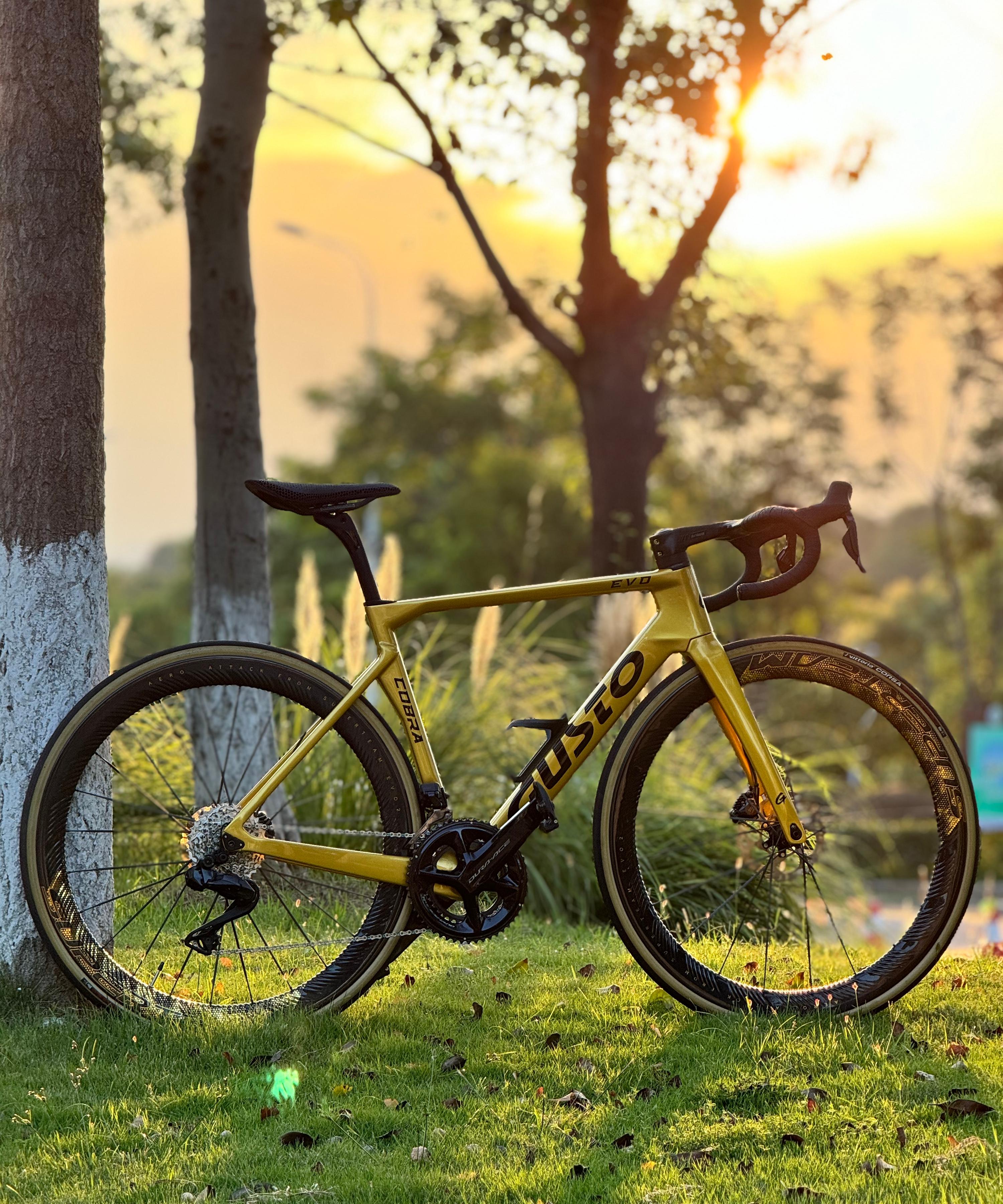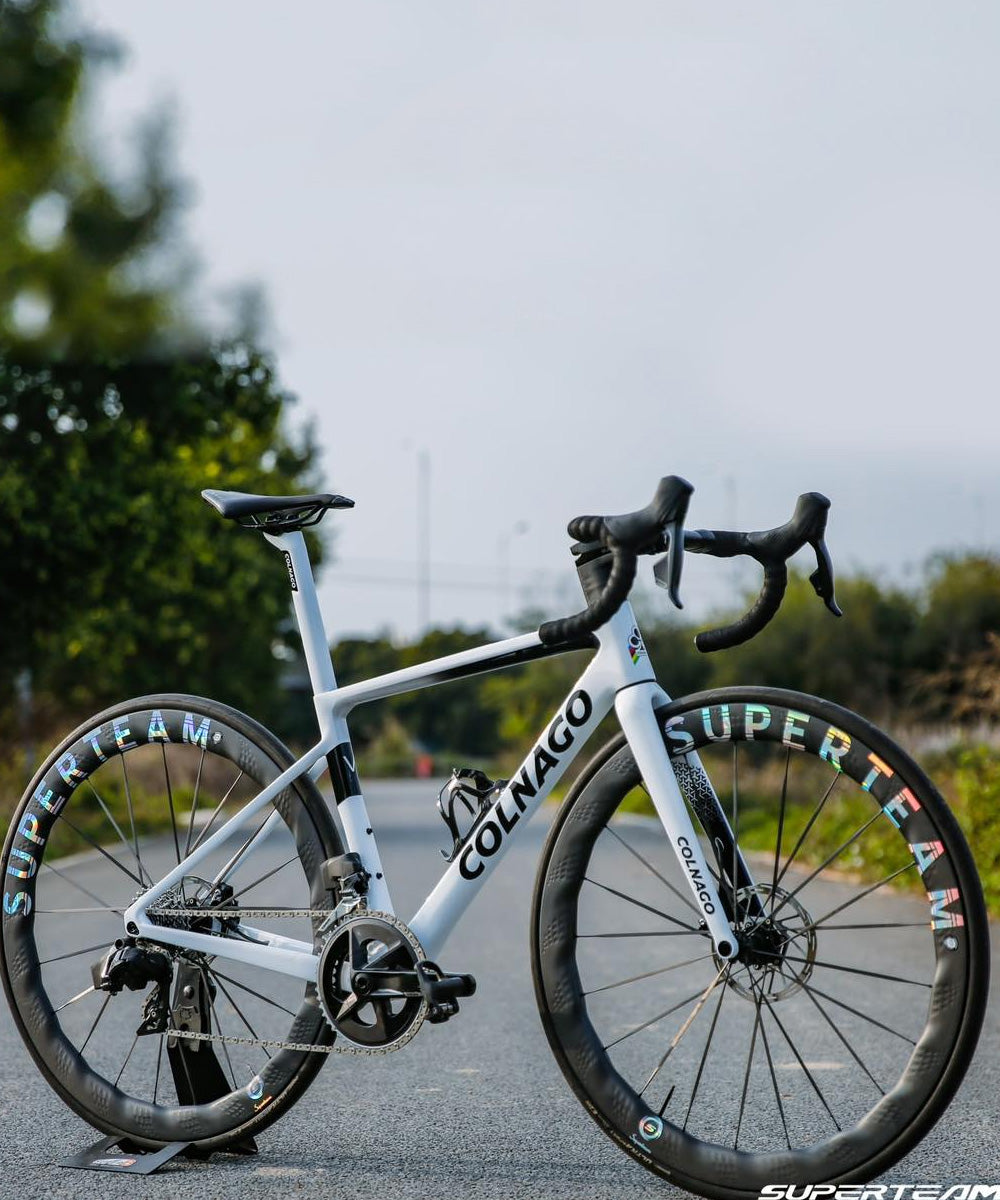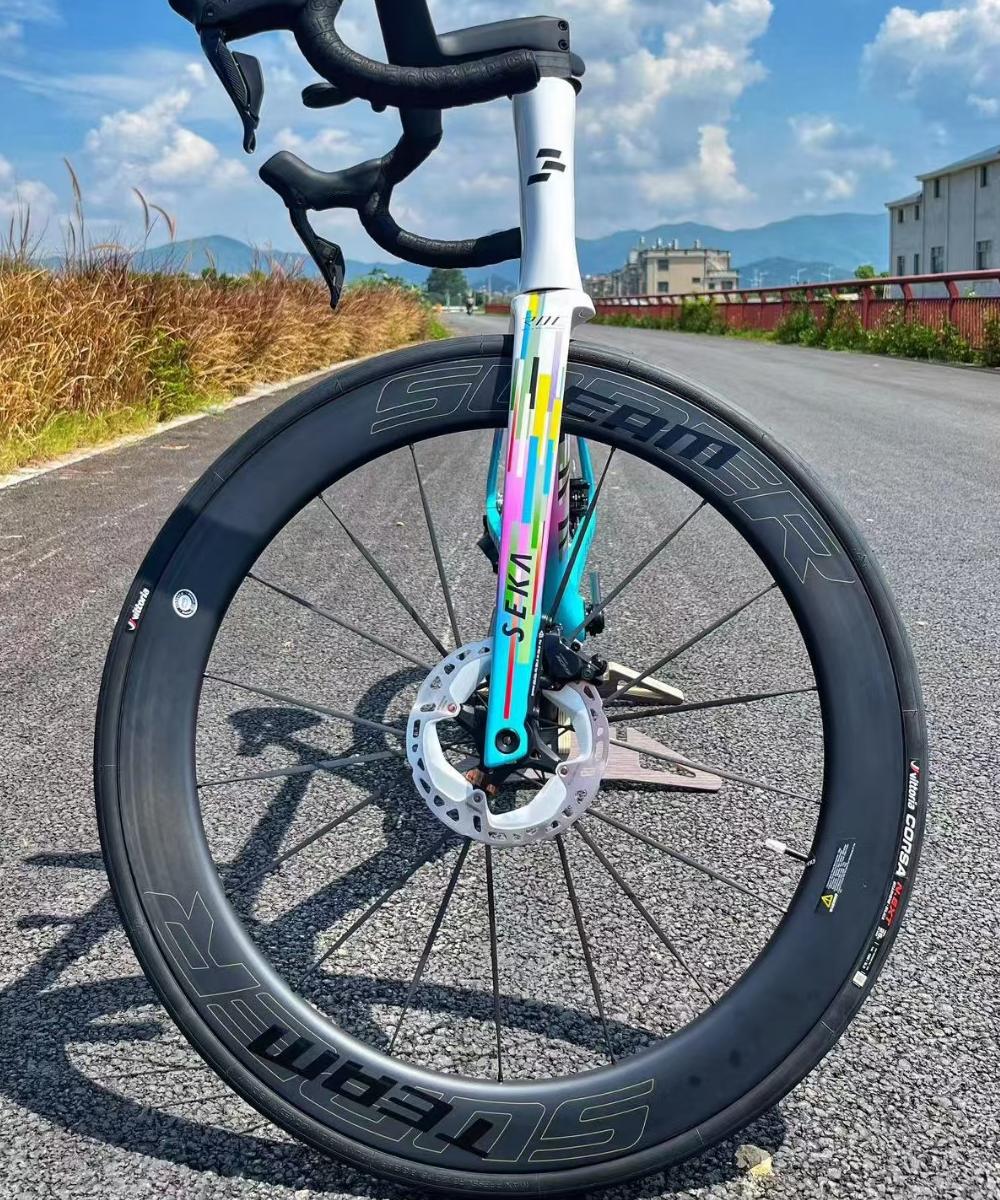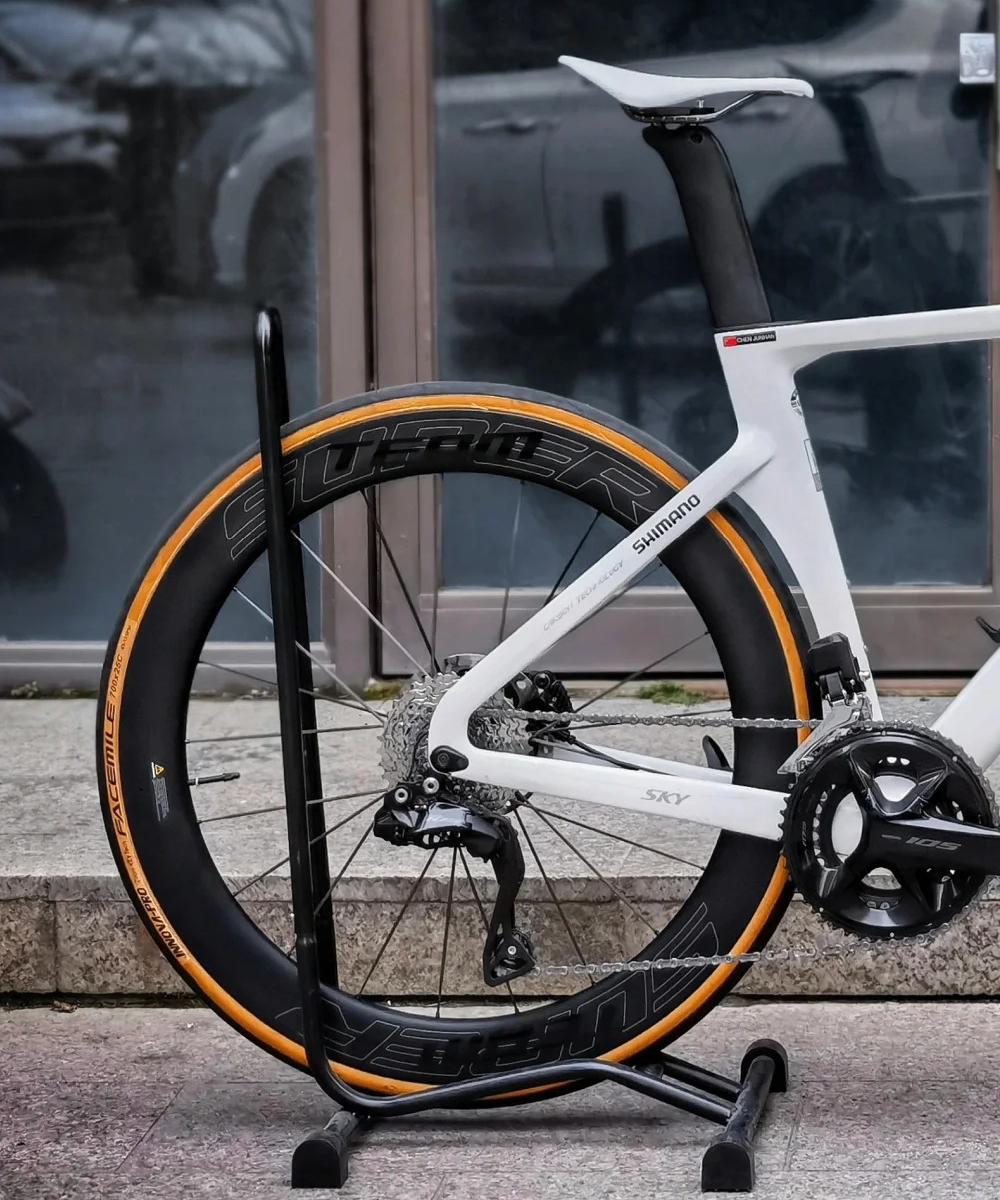How to Optimize Your Wheelset for Urban Commuting
Build a Reliable, Comfortable, and Efficient Setup for City Riding
Urban commuting by bike is growing rapidly as more people look for fast, eco-friendly, and healthy ways to navigate city streets. But to get the best experience, your wheelset setup must match the demands of urban life: frequent stops, rough roads, curbs, rain, and tight turns.
In this guide, we’ll explore:
What matters most in a commuter wheelset
The best materials, tire choices, and maintenance tips
How to balance speed, comfort, and durability for daily use
Key Features of an Ideal Urban Commuter Wheelset
1. Durability First
Urban riding is tough on wheels. You’ll face potholes, debris, and constant stop-start pedaling.
Look for:
High spoke count (28–32 spokes) for strength
Reinforced alloy rims (affordable and impact-resistant)
Wide internal rim width (19–23mm) for tire flexibility
2. Comfort Over Aerodynamics
Speed matters less in the city than ride comfort and safety. Wider tires absorb bumps, offer more grip, and are less prone to pinch flats.
Recommended tire widths:
28mm–35mm for smooth city streets
35mm–40mm for rougher roads or mixed-use paths
3. Go Tubeless or Use Puncture-Resistant Tires
Tubeless tires allow lower pressures and self-seal most punctures.
Alternatively, use thick commuter tires with puncture-protection layers if you prefer traditional tubes.
4. Disc Brakes Are Preferred
Disc brakes provide reliable stopping power in all weather conditions — especially important for wet city streets.
Wheelset Material: Alloy vs. Carbon for Commuting
|
Feature |
Alloy Wheelset |
Carbon Wheelset |
|
Cost |
Affordable |
Expensive |
|
Durability |
More impact-resistant |
Vulnerable to curbs, requires care |
|
Comfort |
Good with wide tires |
Lighter, but often overbuilt for commuting |
|
Weight |
Slightly heavier |
Lighter |
For daily urban use, alloy wheelsets are usually the better, more practical choice.
Best Hub Choices for Urban Commuting
Sealed bearing hubs: Low maintenance, better for rainy conditions
Moderate engagement hubs: Avoid high-engagement racing hubs that may require more servicing
Low noise preference: Many urban riders prefer quieter freehubs for a more peaceful ride
Tips for Urban Wheelset Maintenance
Check spoke tension regularly — potholes can loosen spokes over time.
Inspect the rim and tire sidewalls weekly for cuts or cracks.
Clean your hubs and brake surfaces to prevent dirt buildup.
Keep your tires at the correct pressure to avoid flats and rim damage.
If using rim brakes, monitor brake track wear carefully on alloy wheels.
Suggested Urban Wheelset Configurations
✔️ Everyday Commuter Setup
Alloy disc brake wheelset
32 spokes front and rear
Tubeless 32mm tires
✔️ Speed-Focused City Setup
Mid-depth alloy or carbon wheelset
28 spokes
28–30mm tubeless tires
✔️ Heavy-Duty, Low-Maintenance Setup
Alloy rim with reinforced eyelets
36 spokes (ideal for cargo bikes or heavy riders)
Puncture-proof 35mm+ tires
Conclusion: Build for Reliability, Ride with Confidence
Optimizing your wheelset for urban commuting means prioritizing comfort, reliability, and simplicity over race-day weight savings.
Choose wider tires, stronger wheels, and weather-resistant components to ensure your commute is safe, efficient, and low-maintenance.
At Superteam, we can help you select or customize a commuter-ready wheelset that balances cost, performance, and long-term durability for your daily rides.




